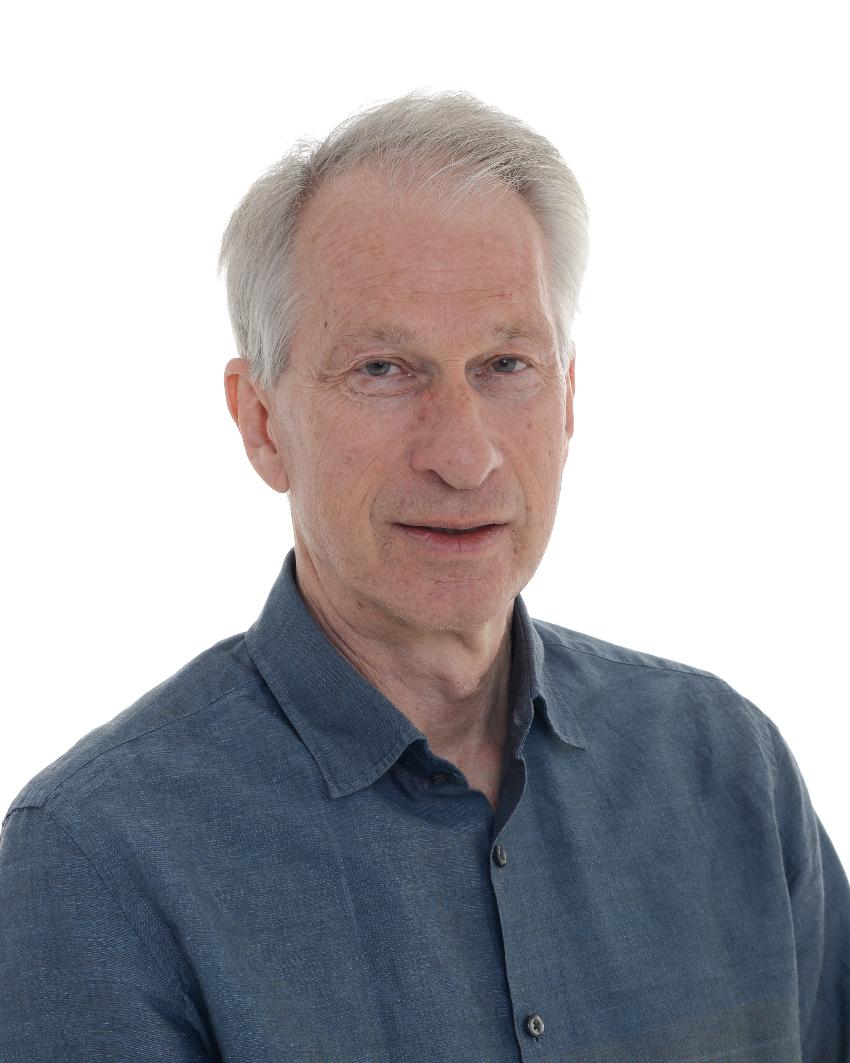
Roar Hagen
De 50 siste resultatene fra Cristin vises på siden. Se alle arbeider i Cristin her →
Publikasjoner utenom Cristin
BOOKS
- Nyliberalismen og samfunnsvitenskapene. Universitetsforlaget. 2006.
- Rasjonell solidaritet. Universitetsforlaget. 1999
ARTICLES
- Sosiologi og kritikk. Sosiologisk årbok. 2008. nr. 1-2.
- Kronikk i Morgenbladet: Hva er det moderne samfunnet? 06.05.06.
"Niklas Luhmann." in Klassisk og moderne samfunnsteori, edited by Heine Andersen and Lars Bo Kaspersen. København. 2005. - "Rational Choice." in Klassisk og moderne samfundsteori, edited by Heine Andresen og Lars Bo Kaspersen. København: Hans Retizel Forlag. 2005
- What is wrong with systems theory? A medley of recurring themes and persistent problems in the legacy of Niklas Luhmann's sociological theory. Paper at the conference "The Opening of Systems Theory", Copenhagen Business School, Copenhagen 23.-25.5. 2003.
- "Kommunikasjon og solidaritet - og Bøygen." Svar til Lars Bugge. Aktuell debatt. ." Tidsskrift for samfunnsforskning:455-469. 2003.
- "Positivismekritikkens positivisme." Sosiologisk Årbok. 2002.
- Socialist society and functional differentiation, i Druzboslovne Razprave, vol. xvii, nr 37.-38. August-September 2001.
- Rational Solidarity and Functional Differentiation, Acta Sociologica vol. 43. 1. 2000
Forskningsinteresser
- General theory: A concept of collective rationality
My main interest is in a theory of collective action in modern society. The assumption is that the dynamics of collective action is poorly understood in the social sciences because they lack concepts to account for the rational aspects of collective action. The development of the three concepts of collective rationality, solidarity as a medium and collective power is central to this undertaking.
- Theory of society: Solidarity as a medium of integration in functionally differentiated societies
The three concepts of collective rationality, rational solidarity and collective power enables a new approach to empirical research on integration of the function systems of modern society, like the economy, politics, education, law, medical treatment and science, and processes of inclusion and exclusion of individuals into these systems of communication
- Theory of science: Methodological constructivism
The aim is to demonstrate how an epistemological constructivism opens up a new kind of reflection on all the elements of the scientific research process, not only as social but scientific constructions. At the centre is a reorientation of the relationship between theoretical and empirical research, structuring the research process in four phases each connecting a specific research question with logics of research.
These topics are related: The lack of a concept of collective rationality is an obstacle to empirical research on forms of integration in modern society, and to appreciate the scope for rational collective action in modern society. To create a concept of collective rationality, one has first to discern the epistemic obstacle that explains why sociological theories replace the distinction of individual and collective rationality, with the distinction of individual rationality and social norms. Through the research logic of abduction new scientific concepts are constructed which enables new empirical observations.